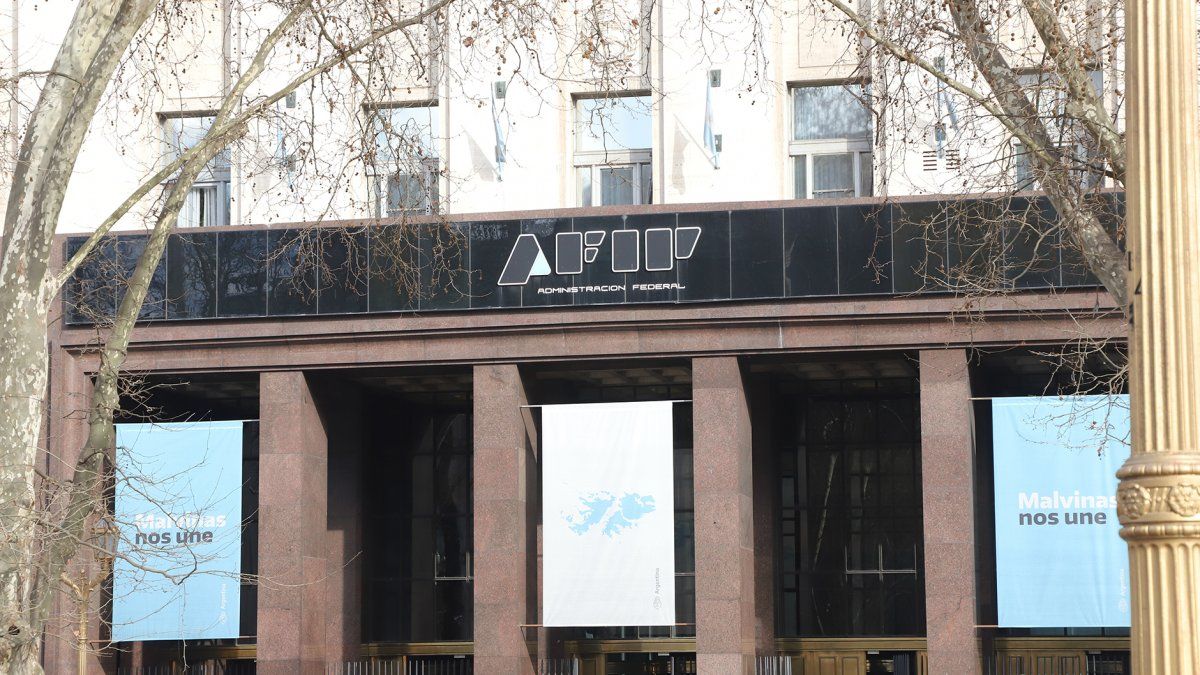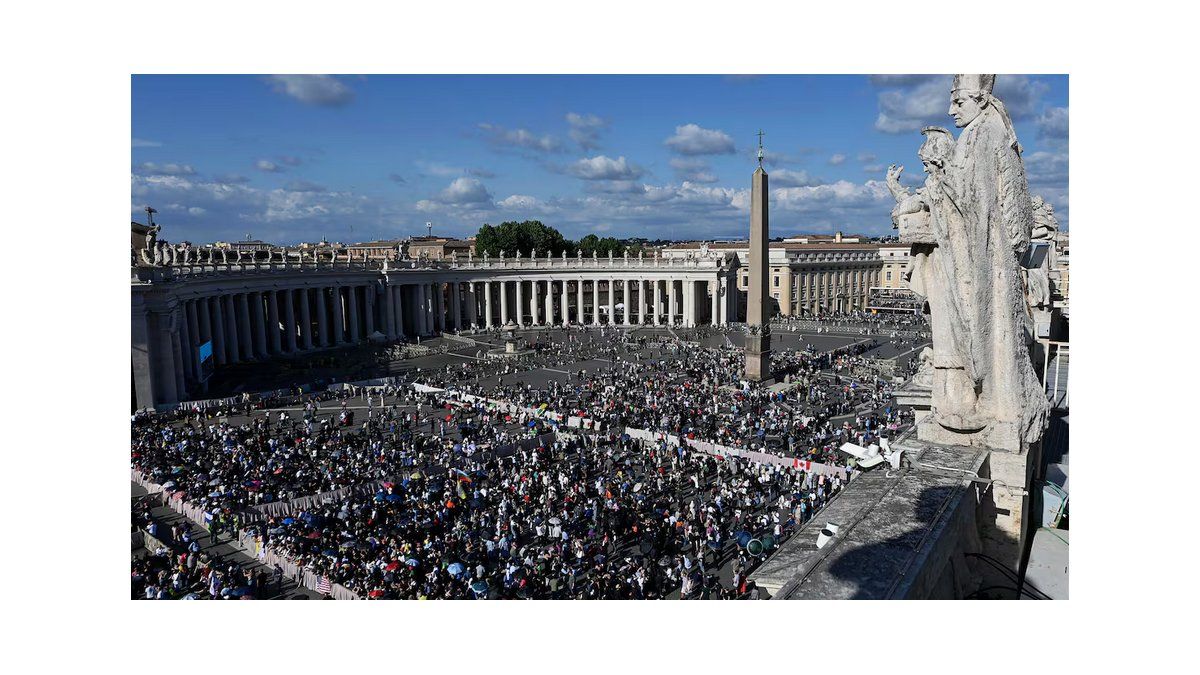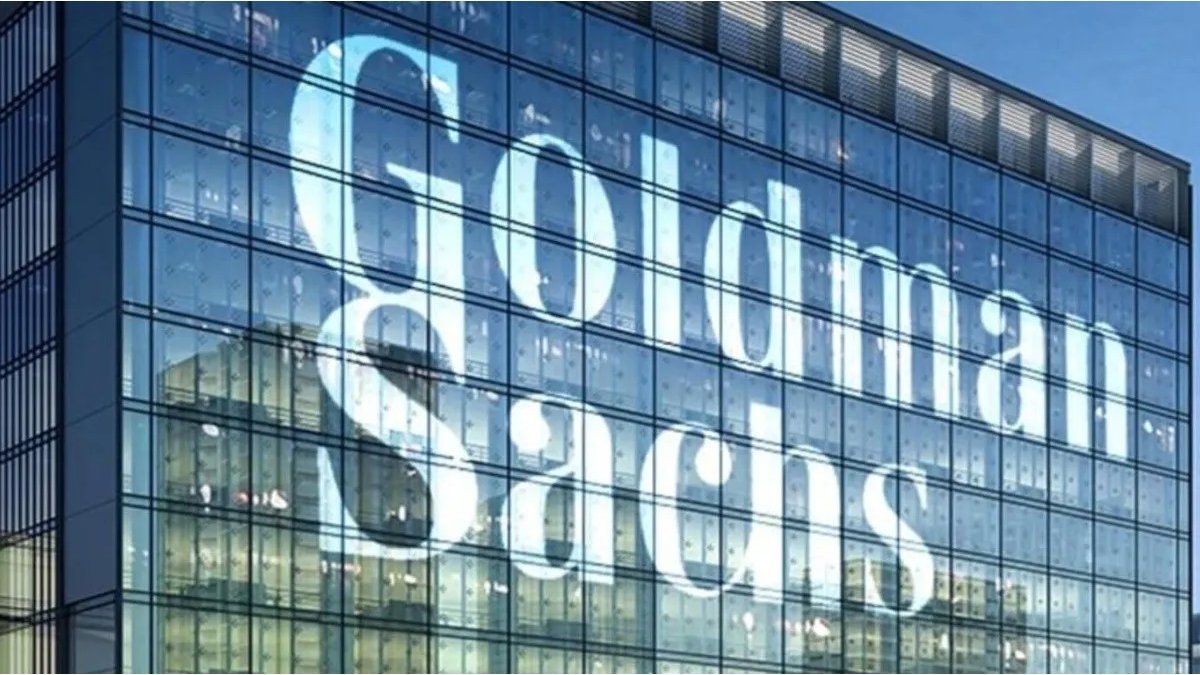“Bearing in mind that there are two payments on account of the profit advance, it is expected that the collection of this tax will continue very well,” he anticipated, but at the same time, he added: “Next year part of these advances will require compensation for Other income”.
In this context, the descent from the Executive Power is that Congress advances with a new tax, called unexpected income. “I ask that they treat her, as a result of the increase in food and energy in the world, many have unexpectedly earned a lot of money,” said Alberto Fernández, in an interview by Futurock. In addition, he revealed that he contacted the deputy Germán Martínez, head of the FdT bench, and Cecilia Moreau, head of the Lower House.
The project of unexpected rent law It had been prepared by the former Minister of Economy, Martín Guzmán. It implies that corporations with accounting profits above $1,000 million pay a one-time surcharge of 15% of profits. Although it would fall in less than 1% of the societies, the opposition anticipated that it would not accompany, so the ruling party might not have the votes to advance.
In this context, from AFIP they have other plans to sustain the collection. its owner, Carlos Castagneto, reported that “additional measures” were ordered to control the sworn statements of large companies and their billing, “with the aim of avoiding devices aimed at lowering taxation.” As he wrote on his social networks, they detected that the participation of large companies in the global collection of income tax “is far from what a country needs to develop fairly.”
In fact, the AFIP had saved the data on how much “effectively” large companies pay on profits. They estimate that, in practice, they pay between 5 and 7%, when it should be between 25-35% by law. The focus is on the “engineering” carried out by the large accounting firms, especially in the corporations that make up a “pool of companies”, where there are even fake companies that sell invoices.
However, they did not want to reveal the data, due to the inconvenience it could generate in the so-called “fourth category”, that is, the salaried and self-employed who pay the tax and who, due to the lack of updating of the scales, can go on to pay quickly. 35%. But it was Cristina Kirchner who revealed the data at the event on Friday at the UOM: “A worker who exceeds the profit limit is applied the 35% rate, he has no possibility of drawing the salary as the balance sheets of large companies are drawn, which end up paying 5-6% of the tax.”
In addition, he reported that one and a half million people represent 30% of the total collection of the tax. “Those who take away productivity, those who set prices in supermarkets, in factories, pay much less than any worker,” said the vice president.
As he was able to find out Ambit From accounting sources that preferred not to be mentioned, there are two ways that companies have to “lower” what they pay in profits. One that they ensure is “legal”, through adjustments for tax inflation, in which the context of 100% inflation is “taken advantage of”. The other way is directly related to evasion: it consists of the triangulation of making exports, first passing through countries such as Uruguay or Paraguay, which have a lower payment of this tax. Although triangulation is not illegal, in this case it is not commercial, but purely tax, which is why it is considered fictitious. In recent months, the AFIP opened dozens of inspections of companies, with requests to start analyzing this issue.
“With the pandemic they had suspended all tax execution trials, but now the last few months have become very active, especially with the latest changes in AFIP and Customs,” they said from an accounting studio.
In addition, the AFIP has two other projects for the firm to try to capture other maneuvers. On the one hand, this month the tax information exchange agreement with the United States could be signed, which would come into force on January 1, where they hope to find at least US$100 billion. An agreement is also being signed with the OECD to try to capture the income of digital platforms, which provide services in various countries but do not pay taxes in them. Finally, they are working on a project to improve transfer prices in sales made between the same companies, with subsidiaries in Argentina and other countries.
Source: Ambito
David William is a talented author who has made a name for himself in the world of writing. He is a professional author who writes on a wide range of topics, from general interest to opinion news. David is currently working as a writer at 24 hours worlds where he brings his unique perspective and in-depth research to his articles, making them both informative and engaging.




